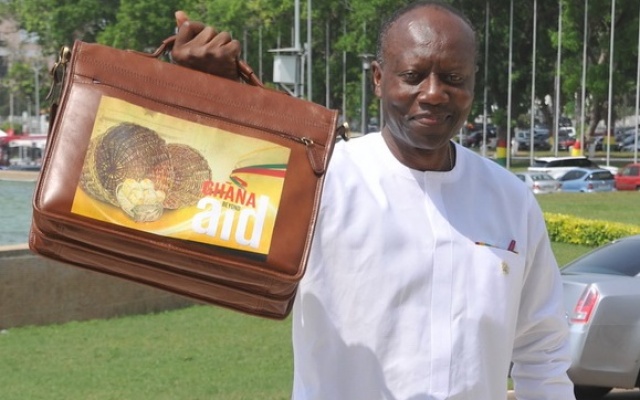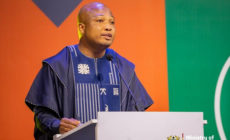Economist – Gov’t Must Regulate Expenditure
- Posted on
- Comment
The expected tax reforms to be announced in next week’s mid-year budget statement will only be effective if government reduces its budget overruns, an Economist with Data Bank has stated.
According to Courage Martey, getting the over 4.5 million non-tax paying Ghanaians into the tax net needs to be in tandem with fiscal discipline.
Next week’s budget statement is expected to capture some tax reforms aimed at increasing domestic revenue. Also from this year, the government intends capping budget deficit to 5 percent of GDP.
Speaking, Martey said, “For three consecutive years, 2016, 2017 and potentially 2018 we are running revenue shortfalls relative to targets over these three years, which is more like the medium term being talked about.”
He continued that if a lot had been done to accelerate “in broadening of the tax base, we should have made a lot of grounds on revenue mobilization by now. So the medium term will arise and we need to work towards it.”
On capping the budget deficit to 5 percent of GDP, Martey said that can only be done if the government is able to fortify its domestic revenue mobilization.
ice President, Dr. Mahamudu Bawumia, last year hinted government’s desire to place a cap on Ghana’s fiscal deficit.
It followed Cabinet’s approval for the submission of the appropriate legislation to Parliament to amend the relevant law.
The proposed amendment to the Public Financial Management Act is expected to limit the fiscal deficit to between 3% and 5% of GDP from 2018 to ensure greater fiscal discipline.
The fiscal deficit is the difference between the government’s expenditures and its revenues, excluding the money it borrowed. A country’s fiscal deficit is usually communicated as a percentage of its GDP.
Already government, through the 2017 budget, has put a cap of 25% on its budgetary allocation to statutory funds.
Ghana’s budget deficit has been increasing steadily over the last few years.











 (Selorm) |
(Selorm) |  (Nana Kwesi)
(Nana Kwesi)